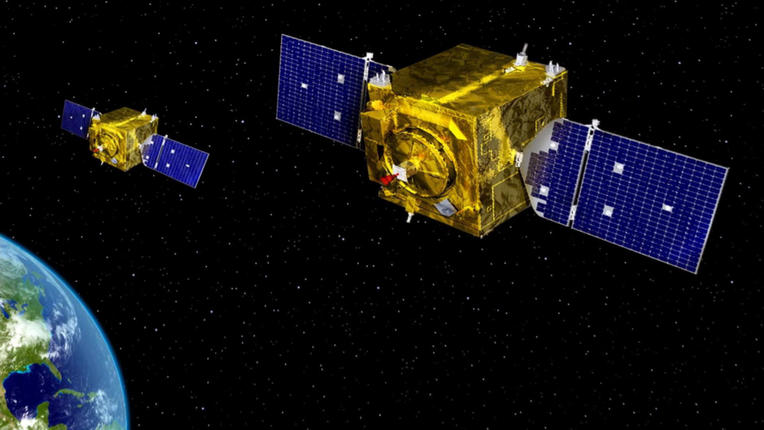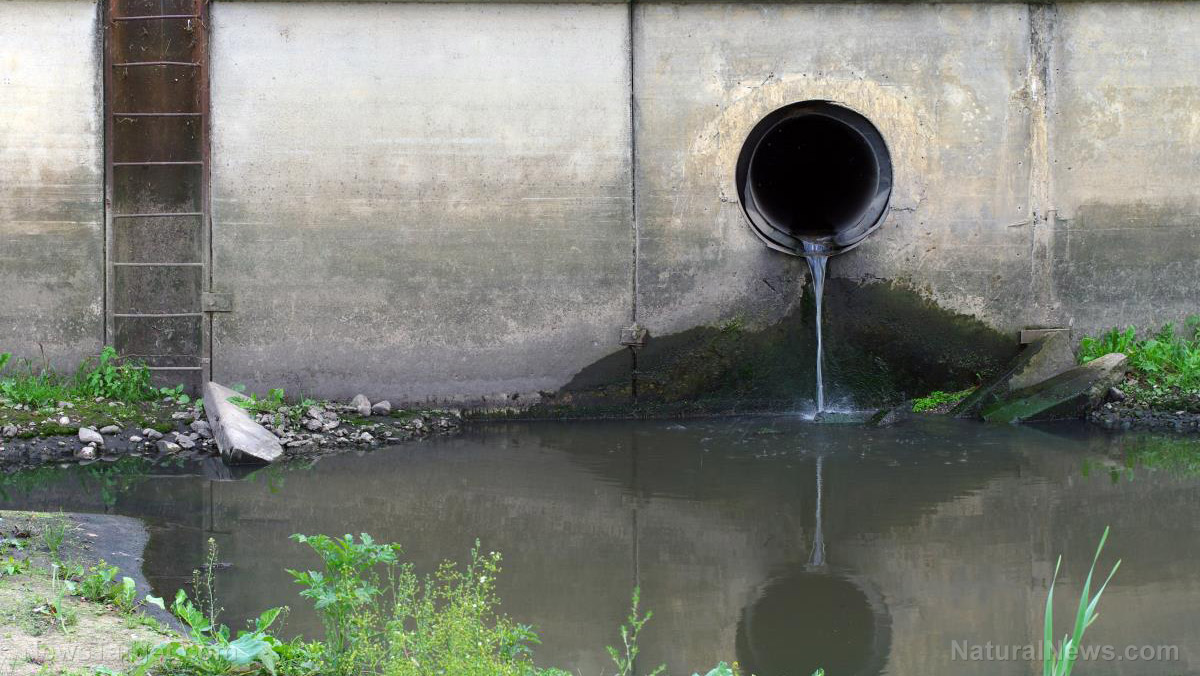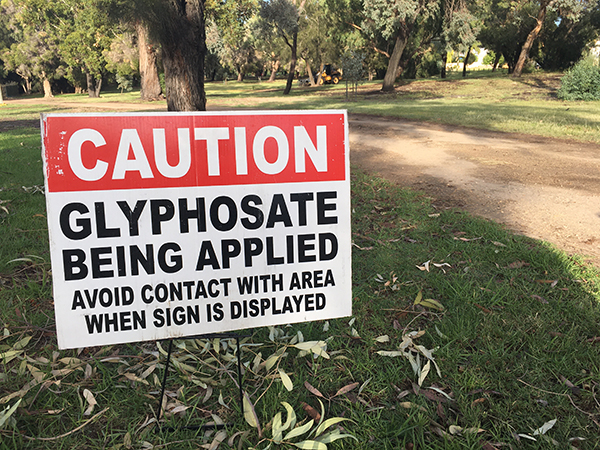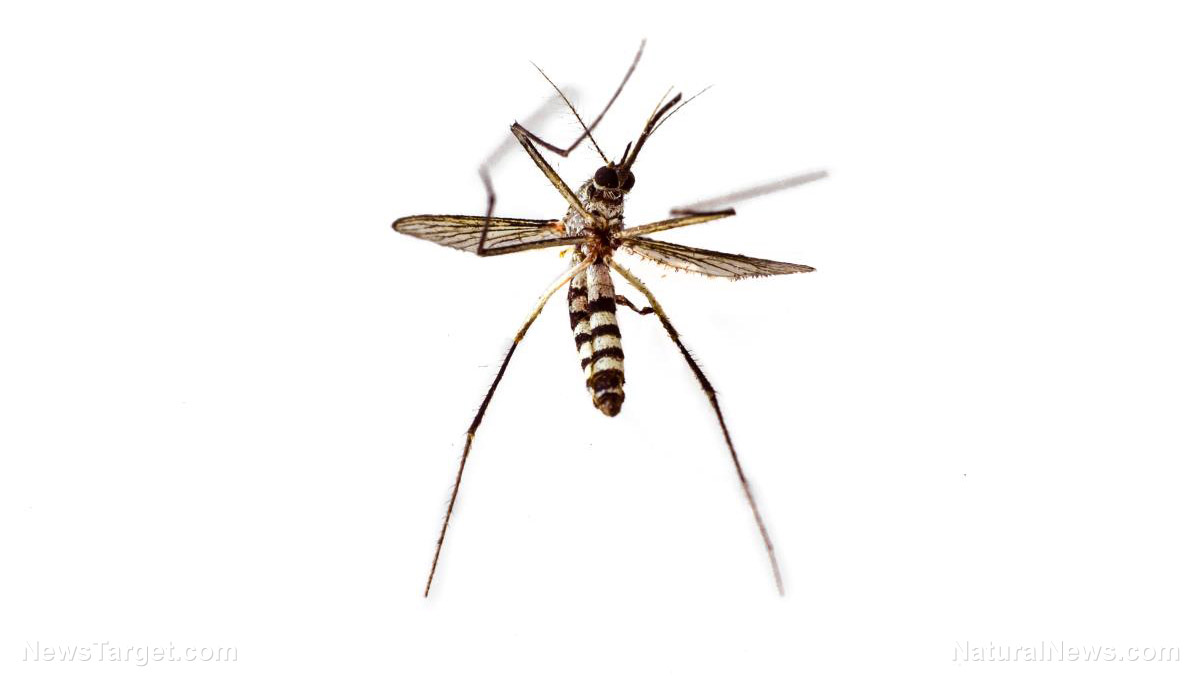
The cosmic debris produced by the space industry has become a larger threat to humanity than plastic pollution.
Researchers noted that neglected objects left in orbit and other decaying space junk may destroy communications systems and set the modern world back by decades.
"The issue of plastic pollution, and many of the other challenges facing our oceans, is now attracting global attention. However, there has been limited collaborative action and implementation has been slow. Now we are in a similar situation with the accumulation of space debris," Dr. Imogen Napper of the University of Plymouth said in a media release. (Related: Nearly ALL communications satellites could be obliterated in the next few years from a cascading "explosion" of space debris.)
"Taking into consideration what we have learned from the high seas, we can avoid making the same mistakes and work collectively to prevent a tragedy of the commons in space. Without a global agreement, we could find ourselves on a similar path."
To this end, she and other scientists wrote an open letter calling for a lawfully binding treaty to protect Earth from potential impacts of space debris by future interstellar expansion. The letter was published in Science on March 9. Napper and her co-authors called for the implementation of "satellite sustainability" and agreements similar to those suggested in the global plastic pollution treaty ratified by member states of the United Nations last year.
Space junk becoming a serious problem for Earth
According to the Guardian, about 9,000 satellites orbit Earth – with that number set to surpass 60,000 by 2020. Elon Musk's SpaceX has launched more than 3,000 Starlink satellites into the most crowded low Earth orbit, and is on target to hit 12,000 by 2026. But an Australian sheep farmer allegedly woke up to discover a huge chunk of debris from a SpaceX capsule in his garden last year, further illustrating the risks of intergalactic trash.
Human knowledge is under attack! Governments and powerful corporations are using censorship to wipe out humanity's knowledge base about nutrition, herbs, self-reliance, natural immunity, food production, preparedness and much more. We are preserving human knowledge using AI technology while building the infrastructure of human freedom. Speak freely without censorship at the new decentralized, blockchain-power Brighteon.io. Explore our free, downloadable generative AI tools at Brighteon.AI. Support our efforts to build the infrastructure of human freedom by shopping at HealthRangerStore.com, featuring lab-tested, certified organic, non-GMO foods and nutritional solutions.
Heather Koldewey, a co-author of the letter and senior marine technical advisor at the Zoological Society of London, remarked: "To tackle planetary problems, we need to bring together scientists from across disciplines to identify and accelerate solutions."
Dr. Moriba Jah, another co-author from the University of Texas at Austin, pointed out that marine debris and space debris "are both an anthropogenic detriment that is avoidable."
Should there be a rise in the number of space debris crashes, astrophysicists warn these will put human lives in danger as well.
Minimizing the pollution of the lower Earth orbit will allow continued space exploration, satellite continuity and the growth of life-changing space technology, said Dr. Kimberley Miner, also a co-author of the letter and a scientist at the National Aeronautics and Space Administration's Jet Propulsion Laboratory.
Melissa Quinn, Head of Spaceport Cornwall, said satellites are vital to the health of people, economies, security and the planet itself. However, she mentioned that humanity can be proactive before they damage the use of space for future generations.
Quinn went on to say the world needs to take responsibility for its behaviors in space now and not later. She called on world leaders to take note, recognize the significance of the next step and become jointly accountable.
Follow Space.news for more news about satellites orbiting Earth.
Watch this video that explains how a Chinese satellite swarm will suppress Elon Musk's Starlink.
This video is from the TruNews channel on Brighteon.com.
More related stories:
New satellite will test whether magnets can be used to collect space debris.
ESA to build garbage-collecting robot that cleans up space by hugging space debris and crashing.
Space running out of space: Experts warn space race could lead to war on Earth.
New technology removes space debris using a revolutionary propulsion system.
Sources include:
Please contact us for more information.




















